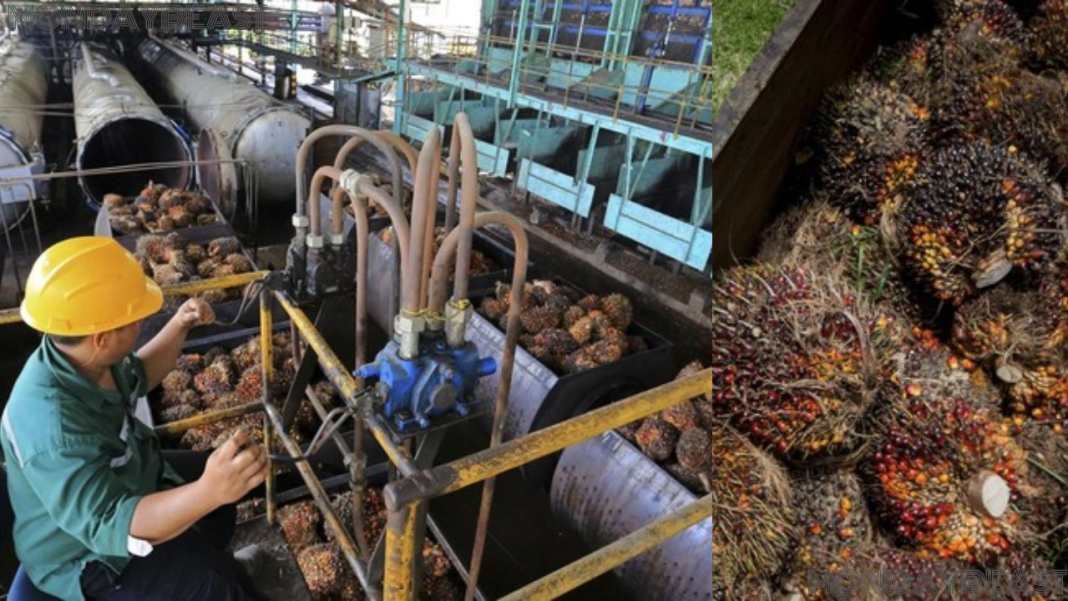The Indonesian palm oil industry is at a crossroads. Currently valued at around Rp729 trillion, it holds the promise of growing even further. This could reach the staggering Rp1.008 trillion mark if the government takes decisive action.

Recent comments from Yeka Hendra Fatika, a member of the Indonesian Ombudsman, underscore the urgent need for improved governance. At a recent event in Jakarta, Yeka painted a vivid picture of what this sector could achieve with systemic reforms.
Why is this necessary? Because palm oil is not just another commodity. It drives much of Indonesia’s economy and impacts millions of lives. Think about it: a more efficiently run industry could produce additional growth of nearly Rp300 trillion each year. That potential uplift is exciting.

Yet, Yeka laid out significant challenges in the palm oil sector. Firstly, land disputes plague the industry. He emphasized the need for the government to address land overlaps. Resolution is crucial for legal clarity, which gives investors the confidence to pour money into the industry.
Next, there’s the sluggish implementation of essential standards. Currently, less than 1 percent of the Indonesian Sustainable Palm Oil (ISPO) targets have been met, which is frankly alarming. If the government can speed this up, the benefits would be immense.

Another recommendation is to shift licensing responsibilities from one ministry to another. Yeka suggests that palm oil factory permits move from the Ministry of Agriculture to the Ministry of Industry. This could streamline processes, which often feel bogged down in red tape.
Additionally, Yeka called for clearer pricing policies. For many who work in this field, unpredictable pricing can mean uncertainty and loss. Establishing a set price with solid penalties for noncompliance could secure financial stability for farmers.
Finally, a body akin to Malaysia’s Malaysian Palm Oil Board should be created to oversee the entire palm oil industry. This would centralize decision-making and encourage uniform governance.
Imagine how streamlined organization might change the game! It could boost Indonesia’s position in the global market. With all eyes on sustainable practices, knowing how to manage palm oil effectively could turn the narrative in Indonesia’s favor.
In closing, Yeka’s words resonate strongly: revitalizing the palm oil industry can also aid in achieving broader economic goals in Indonesia. Can better governance unlock this potential? Only time will tell. But the benefits could be life-changing for so many involved in this vital sector.




